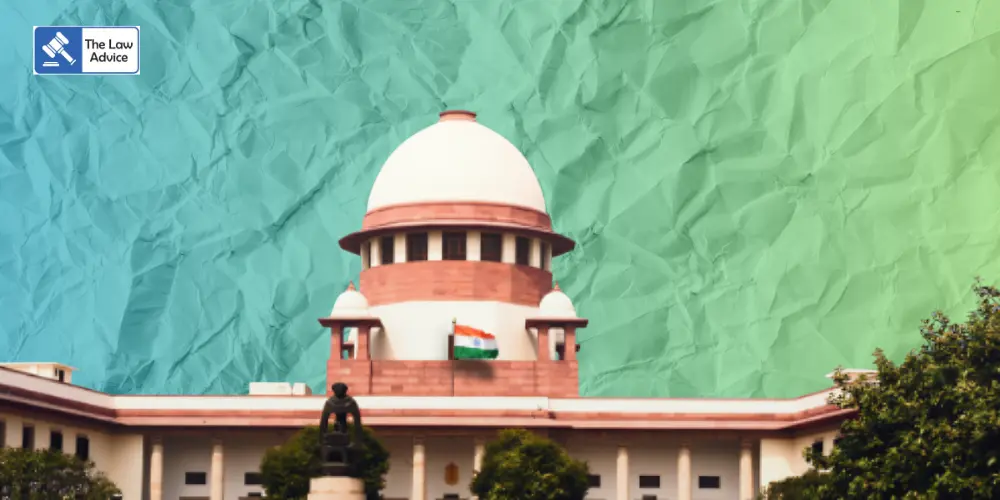
In a landmark ruling reaffirming individual autonomy and constitutional principles, the Supreme Court of India has struck down a controversial bail condition that required a man to resume conjugal life with his wife and maintain her with dignity as part of his bail terms in a matrimonial dispute.
The apex court emphasized that no court can compel an individual to cohabit or resume marital relations, especially under the threat of incarceration, calling such a condition intrusive, unconstitutional, and violative of personal liberty under Article 21 of the Constitution.
The case involved a husband who was granted bail by the Rajasthan High Court in connection with a criminal case filed by his wife under Section 498A of the IPC (cruelty by husband or relatives). However, the bail order was conditional on the man agreeing to “resume conjugal life” with his wife and to “maintain her with dignity”.
Aggrieved by this clause, the man approached the Supreme Court, challenging the validity of the condition, arguing that it infringed on his bodily autonomy, marital privacy, and freedom of choice.
A bench comprising Justices Vikram Nath and S.V.N. Bhatti, while allowing the appeal, made the following critical points:
“Conditions imposed while granting bail must be in aid of securing justice, not as tools of coercion to enforce personal relationships.”
“Courts cannot direct an accused to resume conjugal ties or impose moralistic conditions as a precondition to liberty.”
The court clarified that matrimonial rights and obligations are governed by civil law remedies, such as restitution of conjugal rights under the Hindu Marriage Act, and cannot be enforced through criminal bail orders.
This ruling draws a clear boundary between criminal proceedings and marital disputes, ensuring that the criminal justice system is not misused to enforce personal or emotional expectations.
The court highlighted that personal liberty cannot be made subject to marital reconciliation, especially when such reconciliation may be unwanted, forced, or unsafe.
The Supreme Court set aside the impugned condition in the bail order and held:
The bail granted by the High Court will continue, but without the requirement of resuming conjugal relations or maintaining the wife as directed.
The matter must proceed purely in accordance with law, without any such personal obligations being forced as a precondition.
Case Title: X v. State of Rajasthan & Anr
Website designed, developed and maintained by webexy